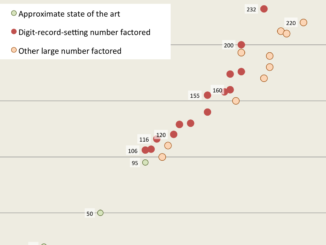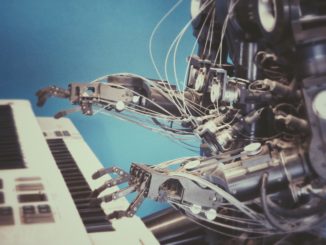
AI Timelines

AI Timeline Surveys

AI Timelines

AI Inputs

AI Timelines

AI Inputs

AI Timeline Surveys

AI Timeline Surveys

AI Timelines

AI Timelines

AI Timelines